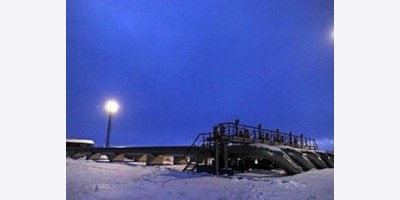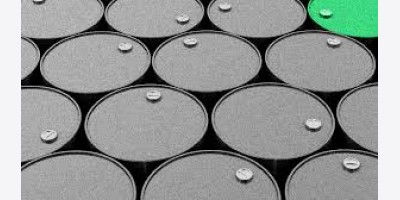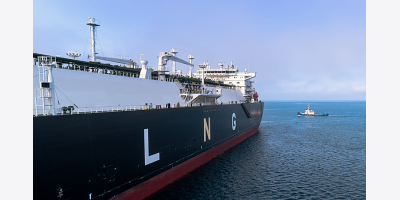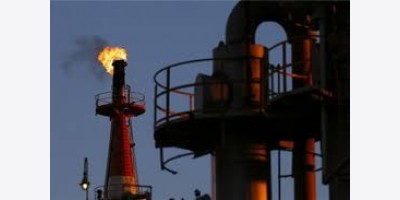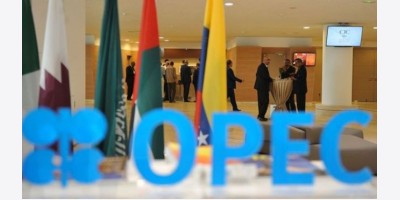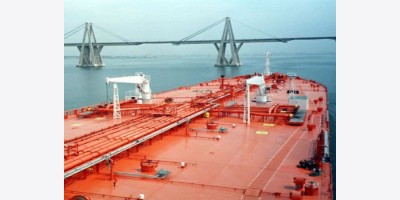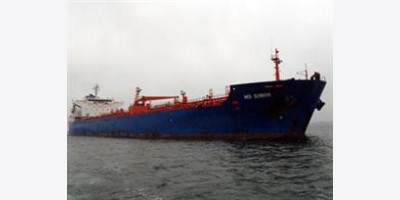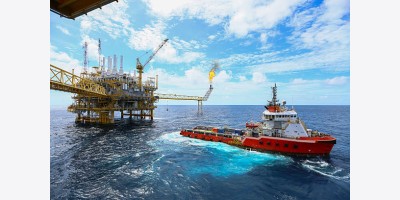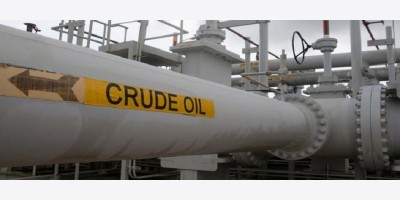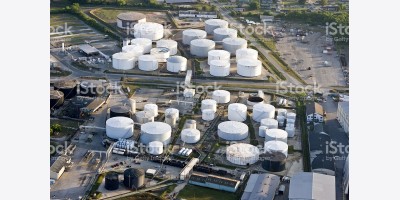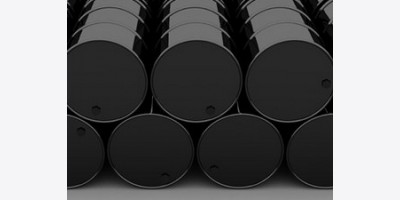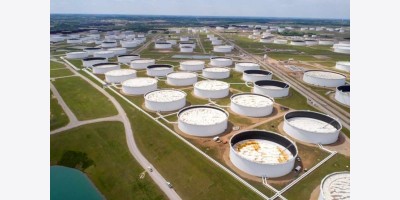Economic development in the Eurozone is gaining ground, though any recovery there will be tepid. With North America relying less on foreign imports, energy investors should be following shifting demand dynamics to Asian economies.
U.S. and European policymakers have been focused on energy security in the Eurozone as Russian energy company Gazprom rattles its sabers at a Ukrainian government tilting strongly toward the European Union.
Russia in response to Ukraine's pivot raised the price of natural gas by more than 40 percent, prompting a slap down from U.S. State Department spokeswoman Jen Psaki, who said Washington was frustrated with the Kremlin's use of energy as a strategic weapon.
"The United States is taking immediate steps to assist Ukraine, including the provision of emergency finance and technical assistance in the areas of energy security, energy efficiency, and energy sector reform," she said.
It's the private sector, not the federal government, however, that dictates to which markets actual energy supplies move. Last month, the U.S. government authorized the shipment of liquefied natural gas from the Jordan Cove project in Oregon. Those exports would be sent to Asian, not European, markets.
Russian President Vladimir Putin warned European leaders that Ukraine's gas debt situation was putting the region's energy security at risk. With Russia delivering less than a quarter of its natural gas supplies to Europe through Ukraine, however, and the end of the heating season approaching, Putin's warning may have more political weight than anything.
Economic development in the Eurozone has been modest. Eurostat, the statistical arm of the European Union, said home prices are down 1.4 percent and an estimated 10 million part-time workers are still considered underemployed. Recovery in the region is continuing, though it remains fragile.
For Asia, while the Chinese economy is slowing down, its policymakers have maintained their commitments to growth and, in its latest monthly market report, OPEC gave relatively good marks to Japan despite warnings from the International Monetary Fund.
Despite the furor over Ukraine, Gazprom Chief Alexei Miller said last week progress was made on a pipeline that could eventually send Russian gas eastward to the Chinese market. A $27 billion liquefied natural gas project in the Yamal peninsula, meanwhile, could anchor the Russian company firmly in the Far East economy. Asia has even taken over from the United States as the top destination for Venezuelan crude oil.
The Asian Development Bank says nearly 1 billion people still lack access to electricity in the region. Regional demand for energy products, meanwhile, is expected to double by 2030. While much of the political focus has been on energy security in Eastern Europe, the economic bread crumbs point to real investment security in Asia.
By Daniel J. Graeber of Oilprice.com






